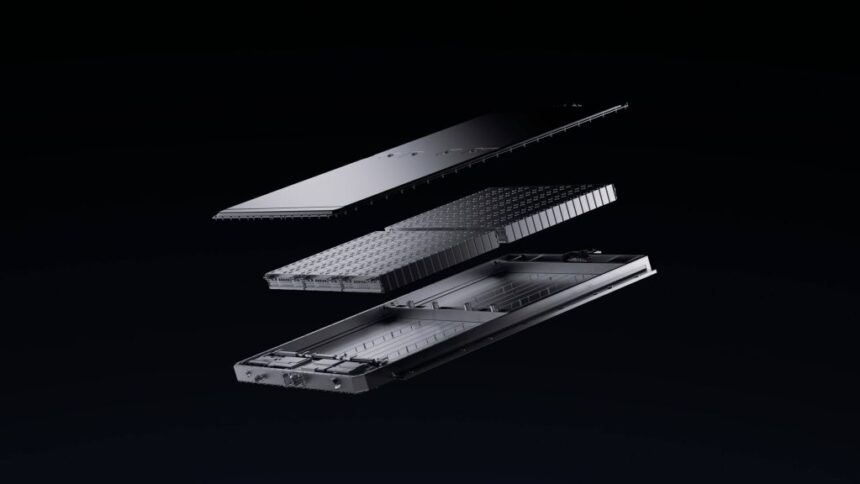CATL Expands R&D Investment in All-Solid-State Batteries
CATL has recently entered the trial production stage of 20 Ah samples, indicating that the battery solution has been finalized and the production technology exploration phase has begun, as reported by local media.
The Chinese power battery giant, CATL, has significantly increased its research and development investment in all-solid-state batteries this year. The company has expanded its R&D team for the program to over 1,000 people, according to a report by LatePost.
CATL is currently focusing on the sulfide route in solid-state batteries and has progressed to the trial production stage of 20 Ah samples.
Although CATL’s current solution can achieve an energy density of 500 Wh/kg for lithium ternary batteries, an improvement of over 40 percent compared to existing batteries, challenges remain in charging speed and cycle life, as per the report.
There are three mainstream technology routes in the solid-state battery field – oxide, polymer, and sulfide routes.
All-solid-state battery prototypes typically start at 1 Ah capacity and gradually scale up. At the 1 Ah sample stage, manufacturers focus on testing battery material performance.
When reaching a sample capacity of 20 Ah, the battery solution is considered finalized and enters the production technology exploration phase.
In April, CATL’s chief scientist, Wu Kai, mentioned that the company had made technological progress in cathode materials, anode materials, processes, and manufacturing equipment for 10 Ah all-solid-state batteries.
By achieving a 20 Ah capacity, CATL aims to address safety and performance challenges in soft-pack batteries used in EVs. Once these challenges are overcome, the focus shifts to manufacturing engineering issues through increased manpower investment and experimentation.
At the China International Battery Fair event in April, Wu announced that CATL is targeting small-volume production of all-solid-state batteries by 2027, marking a significant milestone for the company.
CATL’s all-solid-state battery development was rated at 4 on a scale of 1-9 in terms of technology and manufacturing process maturity. The company aims to reach a score of 7-8 by 2027, indicating the ability to produce these batteries in small batches.
With an energy density of 350 Wh/kg for liquid lithium batteries, further improvements become challenging. CATL’s research in all-solid-state batteries is considered advanced compared to its competitors, as stated by the company’s chairman, Robin Zeng.
Having a 1,000-strong team dedicated to all-solid-state battery research sets CATL apart in the industry. The company’s investment in manpower and resources demonstrates its commitment to advancing battery technology.
CATL began its research into all-solid-state batteries in 2016 but only significantly increased its R&D investment in late 2022. The company’s cautious approach towards solid-state batteries shifted when Wu shared progress at a battery industry technology forum earlier this year.
This article was revised and republished by Phate Zhang on CnEVPost, a platform specializing in news related to new energy vehicles in China.





